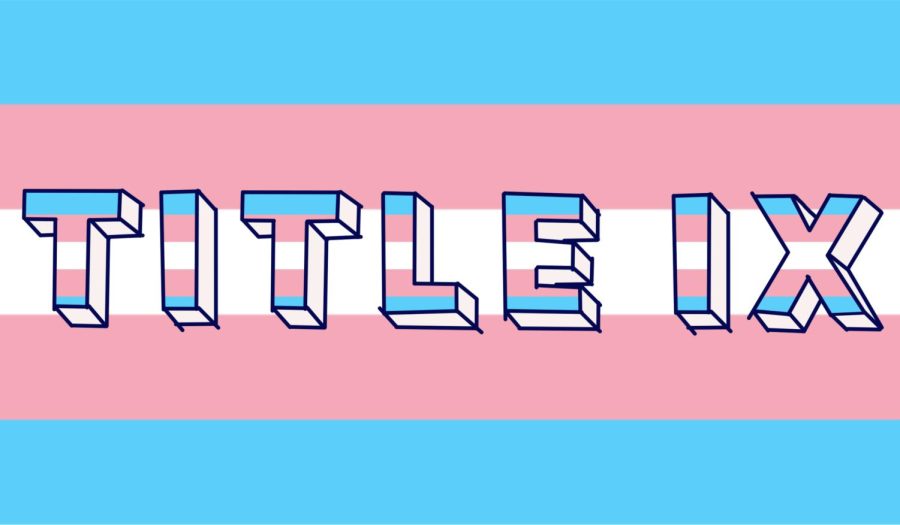Biden Administration Proposes Changes with Title IX to Fight Blanket Bans on Transgender Athletes in Schools
Photo by Ava Bayley/ UCSD Guardian
Apr 17, 2023
To address increasing blanket bans on transgender athletes participating on school sports teams according to their gender identity, the Biden Administration has proposed changes that would make these bans violations of Title IX.
The proposal would prohibit schools from adopting and applying a “one-size-fits-all” policy that would “categorically” ban transgender students from playing on sports teams that align with their gender identity. It will apply to K-12 schools, as well as universities and other institutions that receive federal funding.
“Such bans fail to account for differences among students across grade and education levels,” The White House stated in a press release. “They also fail to account for different levels of competition — including no-cut teams that let all students participate — and different types of sports.”
However, the new rule also states that the United States Department of Education will allow schools to make their own eligibility criteria for transgender students. Although schools are not allowed to block students solely based on their identity, they are able to reject students playing on a male or female team aligning with their gender identity if they determine there would be a level of unfairness or lack of safety.
This means that, depending on the grade level, there could be different levels of restrictions placed on transgender student-athletes.
“Elementary school students would generally be able to participate on school sports teams consistent with their gender identity,” the statement explains. “For older students, especially at the high school and college level, the Department expects that sex-related criteria that limit participation of some transgender students may be permitted.”
If passed, the rule could greatly impact bills banning or restricting transgender students from playing teams with their gender identity. According to the American Civil Liberties Union, in the past three years at least 19 states have passed a bill that has affected transgender students in this way. The proposal could render all of these bills illegal.
In response, conservative leaders such as Governor Kristi Noem (R-S.D.) rose in an uproar, calling the proposed rule to be unfair to cisgender students, particularly female cisgender students.
“South Dakota will not allow this to stand,” Noem wrote in a tweet. “We will lead. We will defend our laws. Only girls will play girls’ sports. President Biden, we’ll see you in Court.”
On the other hand, trans activists praised the Biden administration for taking steps to protect transgender students, but criticized that the rule would still allow restrictions on students in sports. A coalition of 14 transgender and nonbinary state legislators shared a signed letter on April 10 to the administration expressing their concern.
“To put it plainly, there is no such thing as an acceptable ‘compromise’ that limits transgender Americans access to equal rights,” the letter details. “When it comes to policy addressing trans athletes, our stance is this: Trans athletes belong in sports. We urge the Biden Administration to revise this proposed policy in a way that allows trans people to fully participate in the sport of their choosing.”
The University of California has well-instated policies to protect students against gender identity and transphobic discrimination. As of Dec. 18, 2003, nondiscrimination policies were updated to prohibit discrimination on the basis of gender identity. Additionally, according to the FAQ on Gender Identity and Sexual Orientation Data Collection, UC San Diego among other UCs uses data gathered about students’ gender identity and sexual orientation to help account for accommodations for students of the LGBT+ community.
“Data collected on gender identity, gender expression and sexual orientation will provide UCSD with meaningful population data necessary for providing resources and other student support services (e.g., scholarships and themed housing),” the FAQ details. “These data will also enable UCSD to develop curricular and co-curricular offerings that reflect students’ diverse perspectives, and that promote a safe and welcoming learning environment for all students.”
Transgender, nonbinary, or gender non-conforming students can access more information about trans policies on campus at the LGBT Resource Center, which is located between Mandeville Center and the Original Student Center.
Art by Ava Bayeley for The UCSD Guardian

















jeny • Apr 18, 2023 at 3:55 am
nice